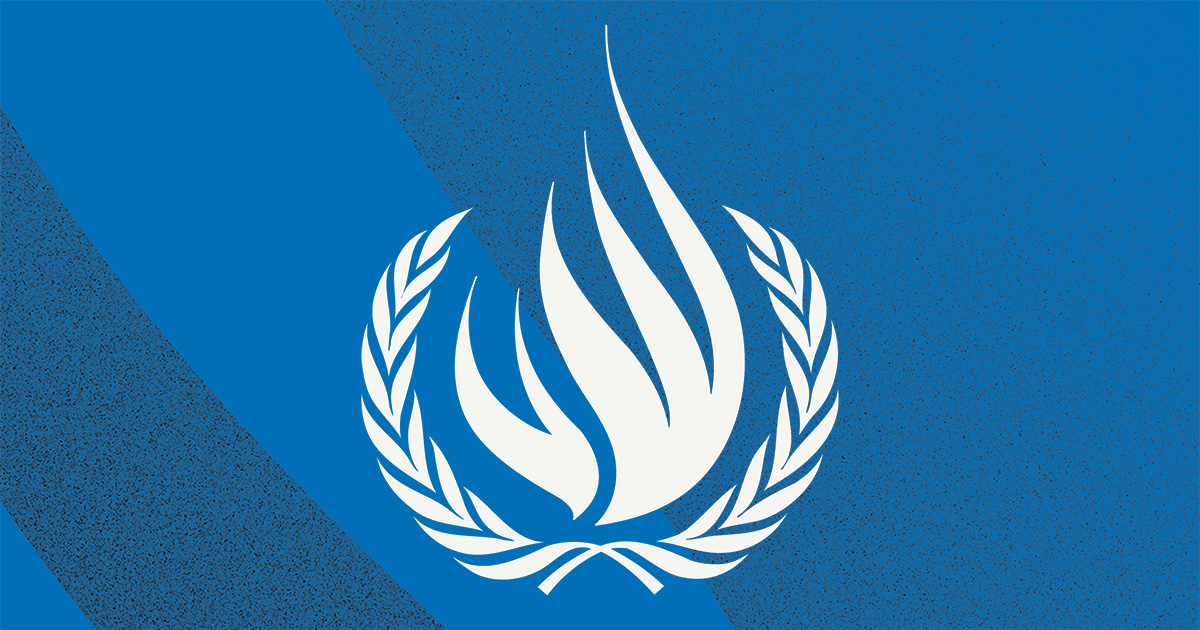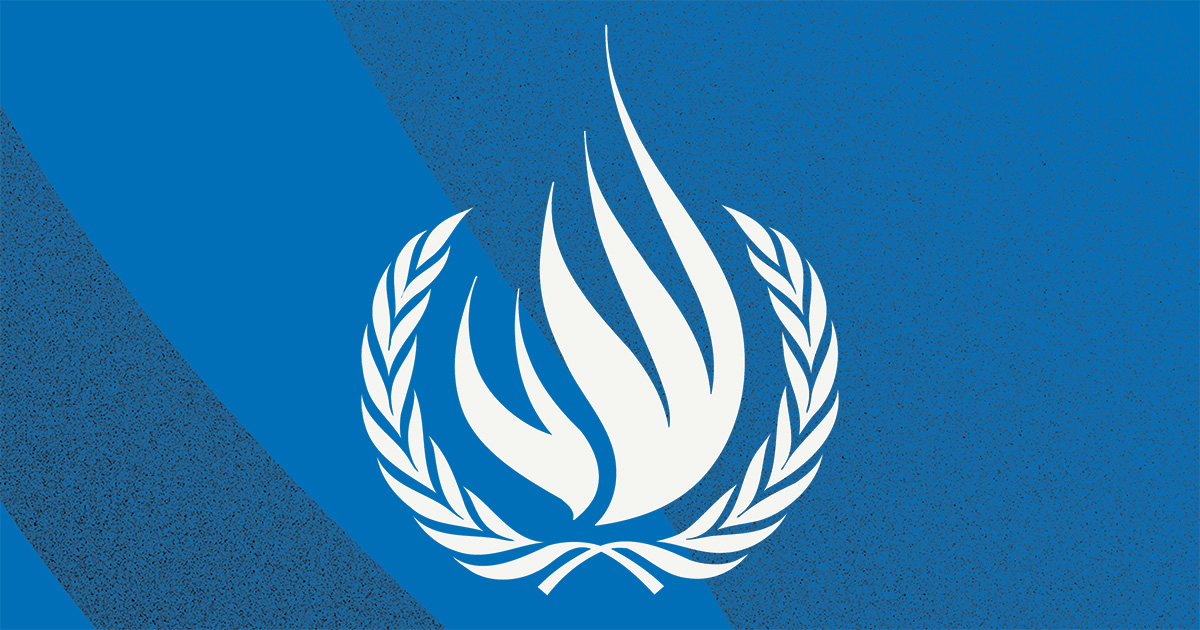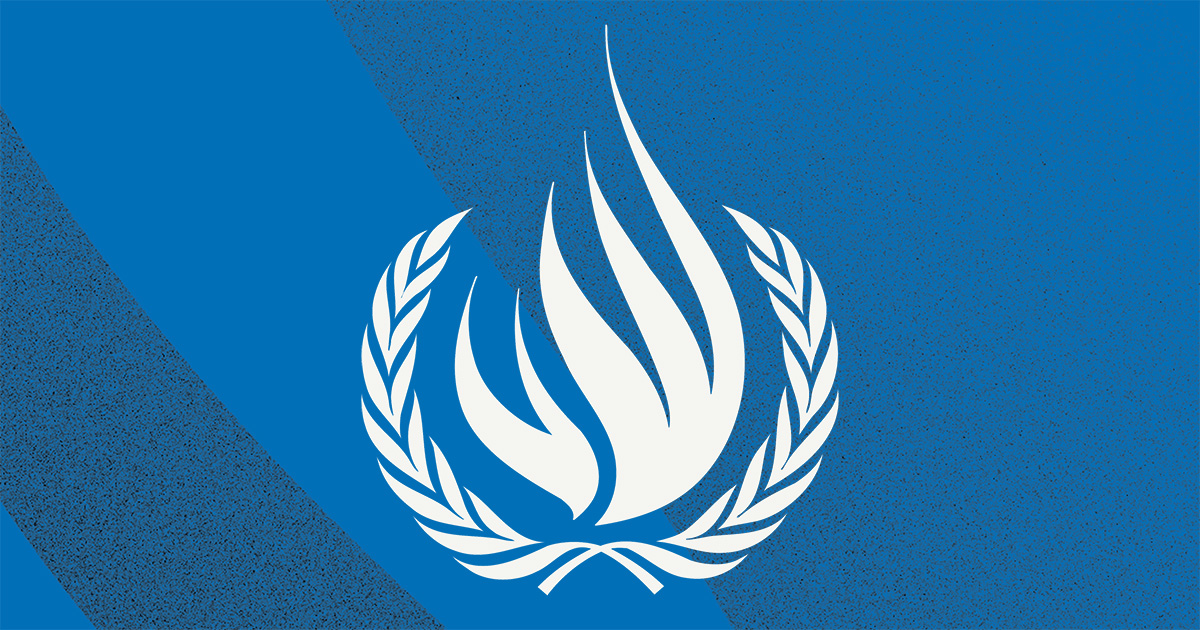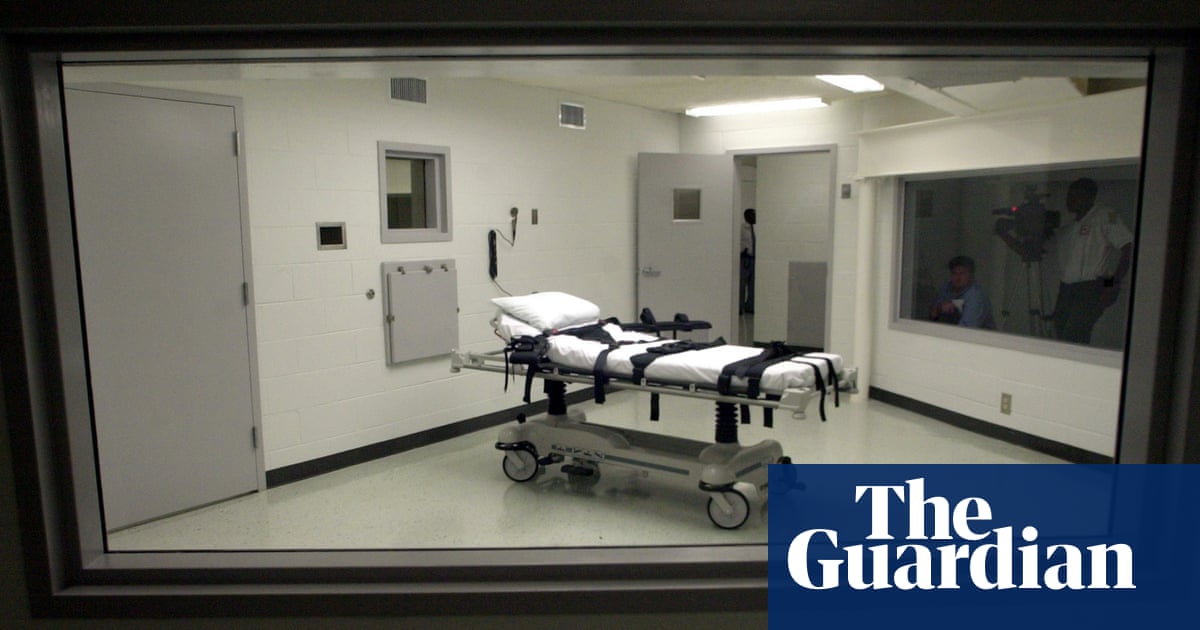
GENEVA (30 January 2024) – UN experts* today unequivocally condemned the execution of Kenneth Eugene Smith in Alabama, in the United States, despite calls for a stay of execution on the grounds that it amounted to torture or other cruel, inhuman, or degrading treatment or punishment. The execution, which took place on 25 January 2024, was the first ever officially sanctioned human execution by nitrogen gas inhalation.
“The use, for the first time in humans and on an experimental basis, of a method of execution that has been shown to cause suffering in animals is simply outrageous,” the UN experts said.
Instead of the “swift, painless and humane” death predicted by authorities, who defended the use of the method despite the lack of scientific evidence, Smith reportedly took over 20 minutes to die. Witnesses to the execution said that Smith remained conscious for several minutes as he writhed and convulsed on the gurney, gasping for air and pulling on the restraints, shaking violently in prolonged agony.
Smith, 58, had spent decades on death row for a crime committed in 1988. His first death sentence in 1989 was dismissed on procedural grounds in 1992. He was tried again in 1996, when the jury voted nearly unanimously to sentence him to life in prison, but the trial judge overrode their decision and imposed the death penalty instead. The practice of judicial overrides was abolished in Alabama in 2017, yet without retroactive effects. In 2022, Smith survived a botched execution by intravenous injection that lasted hours and reportedly amounted to torture.
“Alabama’s use of Kenneth Smith as a human guinea pig to test a new method of execution amounted to unethical human experimentation and was nothing short of State-sanctioned torture,” the experts said. “The gruesome death inflicted on Smith is also likely to have caused extreme distress and suffering to his relatives.”
UN experts previously called for a stay of Smith’s execution, noting that nitrogen gas inhalation causes a painful and humiliating death and that experimental executions by gas asphyxiation are contrary to international law, including the absolute and universal prohibition of torture.
The experts reiterated their grave concern that other US states were taking steps to use nitrogen gas inhalation as a method of execution.
“We call for a ban on this method of execution,” they said, reminding the United States of its international obligations as a party to both the International Covenant on Civil and Political Rights (ICCPR) and the Convention against Cruel, Inhuman or Degrading Treatment or Punishment (CAT).
The experts recalled that Article 7 of the ICCPR and Articles 1, 2 and 16 of the CAT guarantee the right of every individual, including those in detention, not to be subjected to torture or to cruel, inhuman or degrading treatment or punishment.
“The ICCPR explicitly states that no one shall be subjected to medical or scientific experimentation without their free consent,” they said.
“The gruesome execution of Kenneth Eugene Smith is a stark reminder of the barbaric nature of the death penalty and a powerful moment to intensify calls for its abolition in the United States of America and the rest of the world,” the experts said.
*The experts: Morris Tidball-Binz, Special Rapporteur on extrajudicial, summary or arbitrary executions ; Alice Jill Edwards, Special Rapporteur on Torture and Other Cruel, Inhuman or Degrading Treatment or Punishment ; Ms. Margaret Satterthwaite, Special Rapporteur on the Independence of Judges and Lawyers ; Ms. Tlaeng Mofokeng, Special Rapporteur on the right of everyone to the enjoyment of the highest attainable standard of physical and mental health
Special Rapporteurs are part of what is known as the Special Procedures of the Human Rights Council. Special Procedures, the largest body of independent experts in the UN Human Rights system, is the general name of the Council’s independent fact-finding and monitoring mechanisms that address either specific country situations or thematic issues in all parts of the world. Special Procedures experts work on a voluntary basis; they are not UN staff and do not receive a salary for their work. They are independent from any government or organization and serve in their individual capacity.
For additional information and media requests please contact the mandate of the Special Rapporteur on extrajudicial, summary or arbitrary executions, Gihan Indraguptha (weerakonda.indraguptha@un.org) or hrc-sr-eje@un.org.
For media enquiries regarding other UN independent experts, please contact Maya Derouaz (maya.derouaz@un.org) and Dharisha Indraguptha (dharisha.indraguptha@un.org)
Follow news related to the UN"s independent human rights experts on Twitter: @UN_SPExperts












